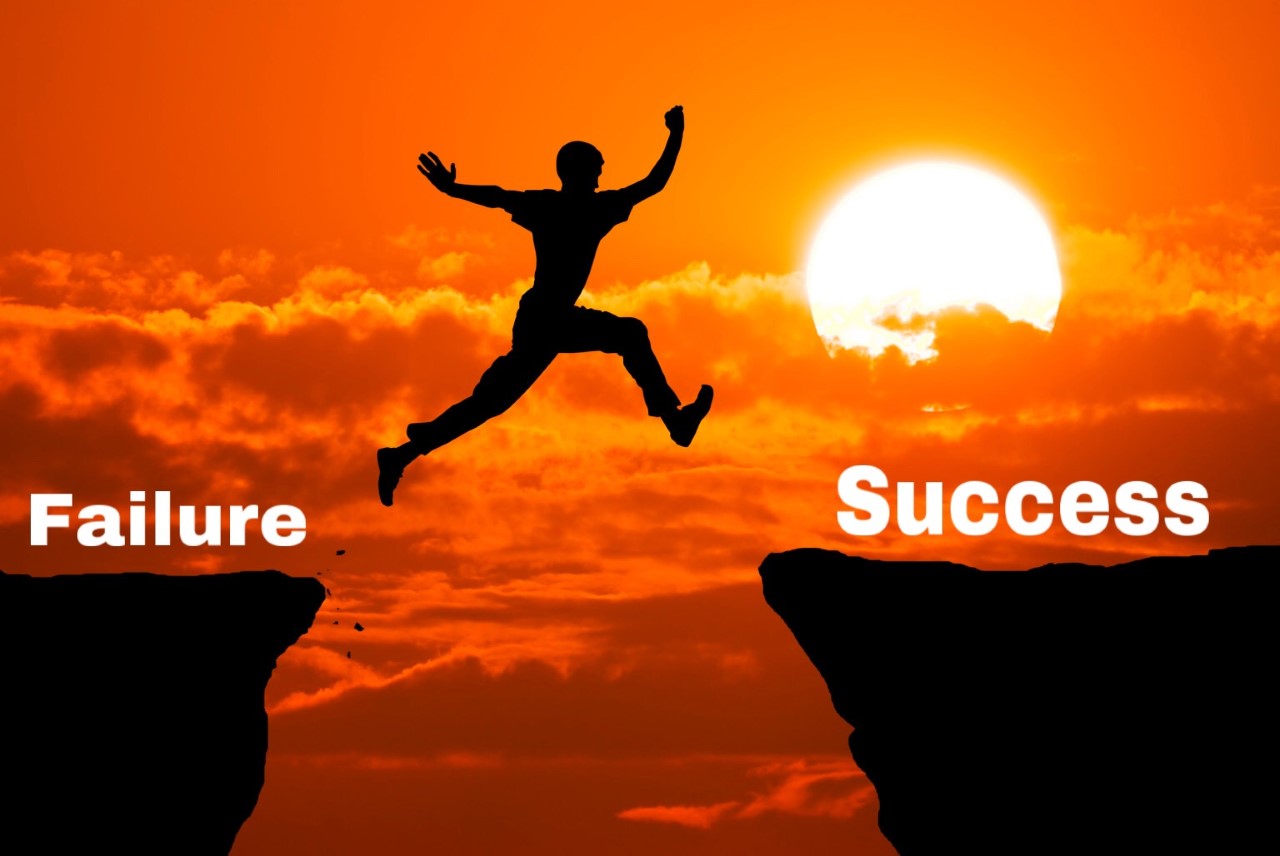Failure is often viewed as something to avoid at all costs. However, history and personal experiences consistently prove that failure is not the end—it's often the beginning of a journey toward success. From inventors like Thomas Edison, who failed thousands of times before perfecting the light bulb, to entrepreneurs who faced setbacks before building successful businesses, failure has been a crucial stepping stone.
The key lies in how we respond to failure. Rather than seeing it as a sign of incompetence, successful individuals view failure as feedback. It teaches us what doesn’t work and forces us to think differently, adapt, and improve. Each failure brings clarity, sharpening our focus and determination. When we embrace the lessons hidden in our mistakes, we grow stronger, wiser, and more resilient.
Moreover, failure builds character. It humbles us, fuels perseverance, and deepens our appreciation for achievement. The emotional discomfort of failing can be powerful motivation. It encourages innovation, creativity, and risk-taking—all essential ingredients for real success.
In today’s fast-paced world, the pressure to be perfect can be overwhelming. But the truth is, no one succeeds without facing setbacks. Every mistake is a lesson in disguise, pushing us closer to our goals. By normalizing failure and learning from it, we unlock our full potential.
In conclusion, failure is not the opposite of success—it’s a crucial part of it. It’s a teacher, a motivator, and a guide. When faced with failure, don’t give up. Reflect, learn, and keep moving forward. Success isn’t about avoiding failure—it’s about rising every time you fall.

Comments on “How Failure Leads to Success: A Path to Growth”